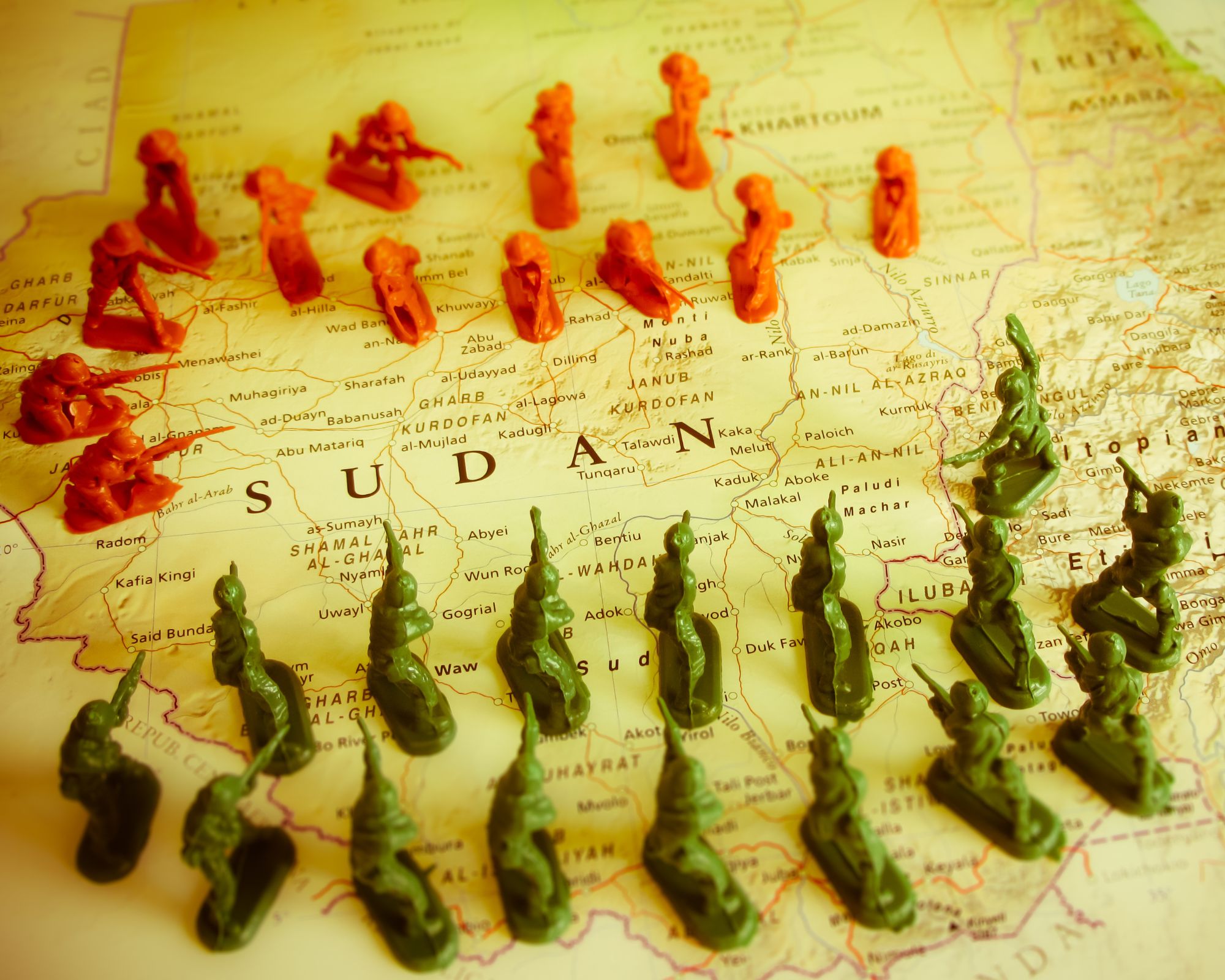
Summary:
-
This conflict has resulted in over one hundred deaths and over one thousand injuries.
-
The power battle between the military chief of Sudan, Abdel Fattah al-Burhan, and the commander of the RSF, Mohamed Hamdan Dagalo, is at the core of the conflict.
-
Because of the conflict, essential food imports and oil exports from South Sudan have been further hampered, which has led to record-high inflation and a worsening financial situation in both nations.
-
It has been announced by the African Union Commission that the chairman of the commission, Moussa Faki Mahamat, will fly to Sudan “immediately” in an effort to negotiate a truce between the warring parties.
-
The ongoing fighting in Sudan between the army and the RSF is a power struggle for control of the country’s economy and mineral resources, which has the potential to escalate into a civil war.
According to a local doctor’s union, tensions in the Sudanese city of Khartoum have reached the point of open combat between the army and a significant paramilitary group known as the Rapid Support Forces (RSF). This conflict has resulted in over one hundred deaths and over one thousand injuries. The power battle between the military chief of Sudan, Abdel Fattah al-Burhan, and the commander of the RSF, Mohamed Hamdan Dagalo, is at the core of the conflict. At issue is how to combine the RSF, which has a strength of 100,000, with the national army.
After two military coups in recent years, the RSF and the Sudanese government had been in negotiations to finalise a settlement for a civilian rule, but conflicts over the timescale for implementation and Dagalo’s subordination to Burhan have stalled the talks. The situation has deteriorated to the point where competing claims are being made over who controls important locations in Khartoum. These locations include command centres, air bases, the presidential palace, and the offices of the state television station.
As the conflict increases, anti-aircraft weaponry and warplanes are converting heavily populated residential areas into battlefields. The International Committee of the Red Cross (ICRC) has issued a warning about the risk to civilian lives and essential infrastructure as a result of this development. Egypt and South Sudan have made offers to mediate discussions, and the African Union and the Arab League have both called emergency meetings to discuss the fighting.
In light of the fact that control of Sudan’s economy and its immense mineral riches is up for grabs, the stakes in this battle are quite high. The military and security services have a strong influence over important domestic industries, with control over 250 enterprises in sectors such as gold, rubber, meat exports, flour, and sesame. These sectors are among the most economically important in the country. On the other hand, the RSF gets its money from a series of gold mines that are located in Darfur. The aspirations of both parties to achieve economic dominance over the other is what is driving them to compete with one another, which in turn is fuelling the conflict.
In light of the fact that Sudan’s economy was already in shambles as a result of the previous coup in October 2021, the repercussions of the present fighting are extremely far-reaching. Because of the conflict, essential food imports and oil exports from South Sudan have been further hampered, which has led to record-high inflation and a worsening financial situation in both nations.
As a result of the ongoing deterioration of the situation in Sudan, there is a significant possibility that the country’s civil war will drag on for some time. Both camps have made it clear that they want to have total authority over the nation, and none of them shows any sign of retreating from their positions. As a result of the turmoil, there is a substantial risk of humanitarian catastrophe, as both civilian lives and essential pieces of infrastructure are at risk of being destroyed.
It has been announced by the African Union Commission that the chairman of the commission, Moussa Faki Mahamat, will fly to Sudan “immediately” in an effort to negotiate a truce between the warring parties. The African Union (AU) has voiced its grave concern and urged the opposing forces to safeguard the civilian population.
The ongoing fighting in Sudan between the army and the RSF is a power struggle for control of the country’s economy and mineral resources, which has the potential to escalate into a civil war. This conflict has been going on for quite some time. The war has extremely negative repercussions, including the potential endangerment of civilian life, damage to essential pieces of infrastructure, and a worsening of the already precarious economic situation. It is imperative that immediate attempts be made towards mediation and a ceasefire in order to prevent further loss of life in Sudan and to maintain the country’s stability.
